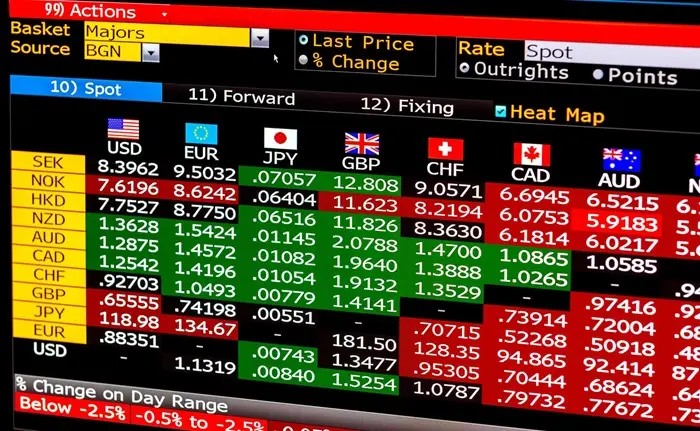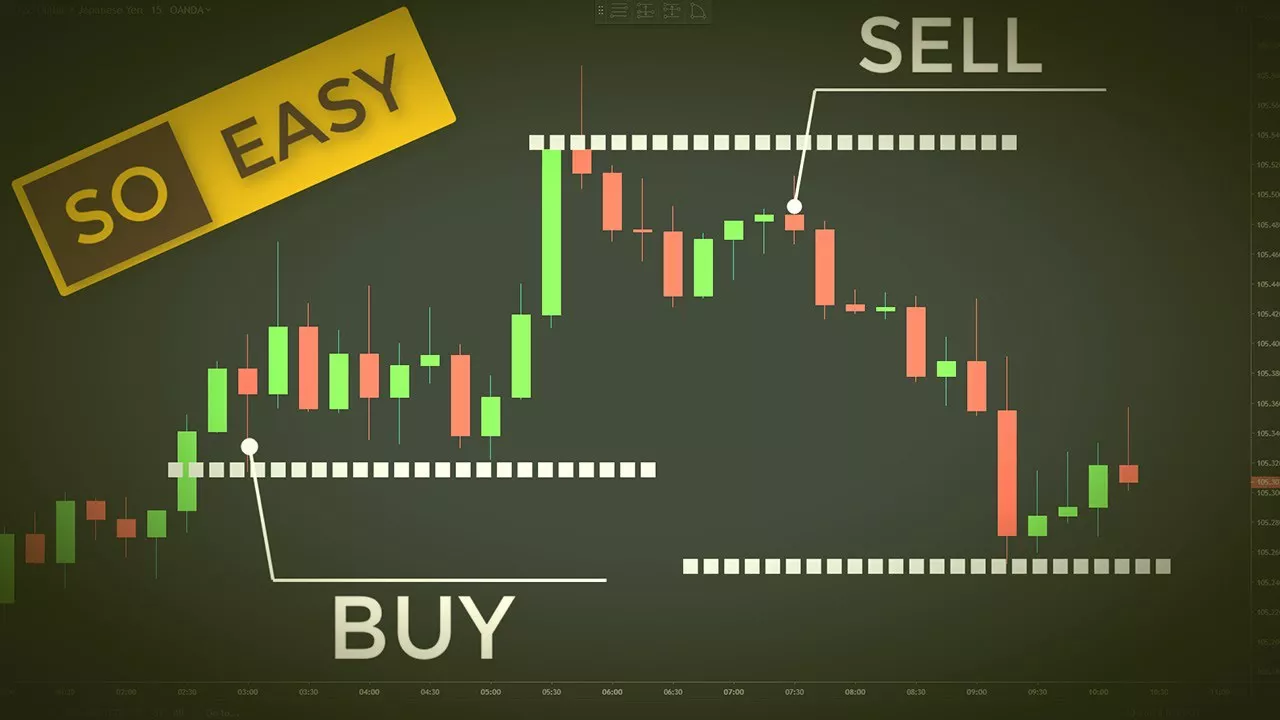China’s stock markets have surged by more than $1.3 trillion in the past month, driven by a rotation of stock funds back into China, particularly boosted by DeepSeek’s advancements in artificial intelligence (AI). Hedge funds are piling into Chinese equities at an accelerated pace, reflecting growing optimism about DeepSeek’s role in the AI sector and expectations for more economic stimulus. Meanwhile, India is facing a record outflow of capital due to concerns about slow macroeconomic growth, weakening corporate earnings, and expensive stock valuations.
Shift in Fund Flows: China Replaces India
The last few years saw a shift in funds toward India, drawn by its infrastructure spending boom and its potential as an alternative manufacturing hub. India also became attractive as a domestic-focused market in the face of global uncertainties, including Donald Trump’s tariff policies. However, the landscape has changed, with funds now reversing course and flocking back to China.
Ken Wong, an equity portfolio specialist at Eastspring Investments, explained that DeepSeek’s success highlights China’s growing strength in the AI space, a critical component of the global AI ecosystem. As a result, investors are now focusing on Chinese internet stocks, while trimming exposure to overpriced Indian stocks.
DeepSeek Sparks Renewed Confidence in China
DeepSeek’s breakthroughs in AI have rekindled confidence in China’s tech sector, with many analysts suggesting that the country is regaining its appeal. After the government’s corporate crackdowns in previous years, Beijing is now positioning itself to promote AI development, with key entrepreneurs like Alibaba’s Jack Ma meeting top government leaders to discuss new technologies.
Vivek Dhawan, a fund manager at Candriam, believes that developments linked to DeepSeek will not only benefit China’s tech industry but also boost its broader economy and equity markets. With a favorable risk-reward ratio, China is increasingly seen as a more attractive investment option than India at present.
Attractive Valuation Differential
Another key factor driving the shift back to China is the valuation differential. The MSCI China Index is currently trading at just 11 times forward earnings estimates, significantly lower than the MSCI India Index, which is priced at about 21 times earnings. This makes Chinese equities particularly appealing to investors looking for value.
Institutional Fund Reallocations
Recent data from Bloomberg highlights a significant shift in regional allocations by major Asian equity funds. Many funds have been reducing their exposure to Indian stocks while increasing their positions in Chinese equities. Andrew Swan, head of Asia ex-Japan equities at Man Group, noted that his firm has increased its China exposure from 30% to 40% while trimming India exposure to 18%.
In addition to DeepSeek’s impact, the anticipation of further Chinese stimulus measures has kept momentum in the market. Swan suggested that a shift in policy toward consumption, aimed at encouraging the deployment of high levels of savings, could provide an additional boost to China’s economy.
Mixed Outlook: India Still a Long-Term Growth Story
While the rotation back into China is evident, experts caution that a complete reversal in fund flows is unlikely. India still holds long-term growth potential, with some analysts, including those from Morgan Stanley, arguing that recent corrections may be overdone. India’s infrastructure and demographics continue to offer growth prospects, despite the recent slowdown.
Additionally, concerns remain about external factors, such as trade tensions with the U.S. The Trump administration’s additional tariffs on China reinforce the caution of some investors. Aidan Yao, senior investment strategist at Amundi SA, expressed a neutral stance on Chinese equities, citing ongoing external challenges.
Caution Amid Rising Valuations and Uncertainty
Despite the strong momentum in Chinese equities, some analysts are taking a cautious approach. Traders are wary of repeating past disappointments in China’s market rallies, and rising valuations are a point of concern. Helen Zhu, chief investment officer at Nan Fung Trinity HK Ltd., highlighted uncertainty around whether DeepSeek’s AI success can be sustained and monetized over the long term.
The “China’s Back” Buzz
Even with some skepticism, the mood around China is improving. Alibaba, for example, has added $100 billion in market value over the past five weeks, and the Hang Seng Tech Index has entered a bull market. This revival has contributed to a growing sense that “China’s back,” with investors taking advantage of the momentum to reenter Chinese markets.
Nicole Wong, a portfolio manager at Manulife Investment Management, emphasized that the DeepSeek breakthrough has provided a well-timed catalyst for market participants to refocus on China. From a tactical standpoint, she sees it as an opportunity to capitalize on the current momentum.
Related topics:

























